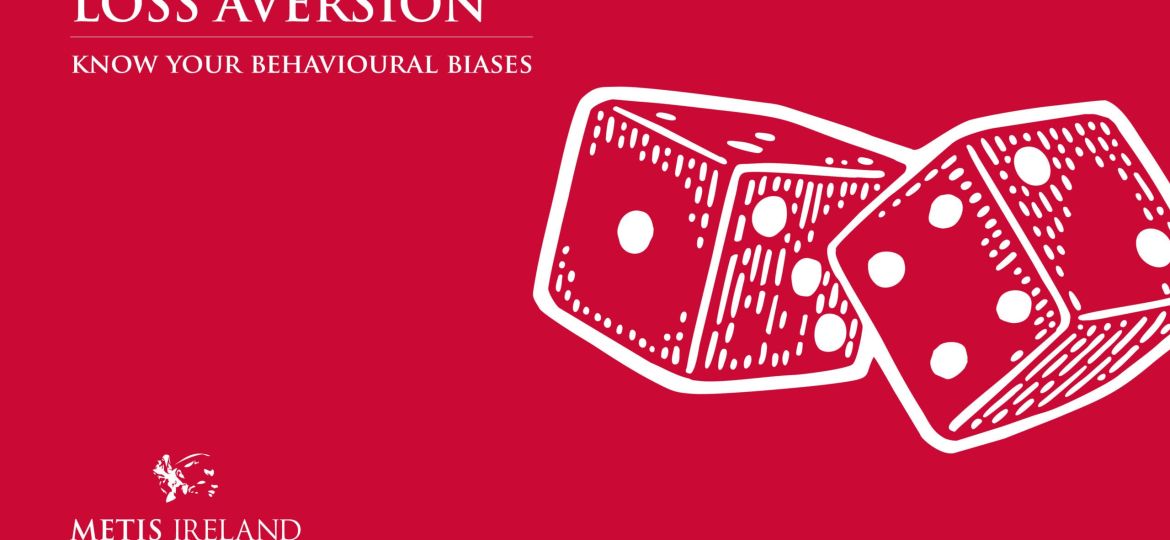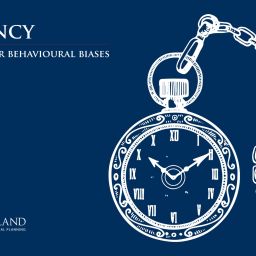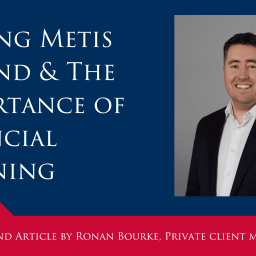
Our brains are strange. They can take something as predictably consistent and harmonious as numbers and turn them into a matter of subjectivity. The way that information is communicated to us can have significant effects on the conclusions we draw – we covered this when we looked at ‘framing’ in an earlier entry in our series on behavioural biases.
We can’t stop your brain from thinking it knows better, but we can at least alert you to the things it can get wrong. In this post, we’re going to look at one particular facet of subjectivity – the way that risks, regardless of their size or likelihood can become one amorphous blob that causes us to freeze like a rabbit in the headlights and do more harm through in action than action.
It could be you (but it probably won’t be)
The odds of winning the jackpot on the Irish National Lottery are about one in 10.7 million. Clearly, the odds of losing your €4 in the same lottery are very high indeed, almost certain in fact, but they don’t advertise it that way. It’s not a very attractive proposition and besides, the stake is low enough to write off as a harmless punt.
But let’s look at a more realistic example. In ‘Stumbling on Happiness’ Daniel Gilbert notes that “Most of us would refuse a bet that gives us an 85% chance of doubling our life savings and a 15% chance of losing it.”
Now that’s a bit harder to swallow. Of course the odds haven’t changed, those two figures describe exactly the same bet, it’s just that they’re focussing on different outcomes. Even though the odds favour a big win, imagining that slight chance you might go broke leads most people to decide it’s just not worth the risk. In other words, loss aversion is a fancy way of saying we often fear losing more than we crave winning, which leads to some interesting results when balancing risks and rewards.
When is it helpful?
Fair enough, being afraid of loss is healthy. Think about car insurance, home insurance or business insurance. Ok, they’re legal requirements, but you buy them year in year out despite the fact that it’s unlikely your house will burn to the ground, or your car will be stolen, or an act of negligence will cost you your life’s savings in court. Still, it could happen – unlikely doesn’t mean impossible. It still makes good sense to protect against worst-case scenarios when we know the recovery would be very painful indeed.
When is it harmful?
But when you’re investing, the fear of having our fingers burnt can end up being just as bad, or worse, than taking calculated risks in line with a tailored investment plan. People talk about ‘risk’ as though it’s a single bogeyman, but in fact there are many types of risk and some of the most damaging are the risk that your money earns nothing or worse, decreases in real terms, and the risk that you don’t achieve the financial goals you’ve set for yourself.
The evidence demonstrates that you’re expected to end up with higher long-term returns by at least staying put, if not bulking up on stocks when they’re ‘cheap’. And yet, the potential for future loss can frighten us into abandoning our carefully planned course toward the likelihood of long-term returns.
Loss aversion is one of many behavioural biases, but in some ways it’s one of the most damaging, leading to crippling inertia and poor returns. It’s not easy to work out when you’re being too cautious, but you don’t have to do it alone. Having an experienced financial planner in your corner can give you some much-needed perspective.
Read Part 11: Mental Accounting
Keep bias at bay
It’s surprising how hard it can be to simply let things be. Knowing why we react in the ways we do is the first step to avoiding the counterintuitive actions that can damage what we set out to achieve with our investments.
You can download Making Better Decisions: Know Your Behavioural Biases in full today.
Carl Widger
Co-Founder & Director
Email: cwidger@metisireland.ie
Disclaimer
Metis Ireland Financial Planning Ltd t/a Metis Ireland is regulated by the Central Bank of Ireland.
All content provided in these blog posts is intended for information purposes only and should not be interpreted as financial advice. You should always engage the services of a fully qualified financial adviser before entering any financial contract. Metis Ireland Financial Planning Ltd t/a Metis Ireland will not be held responsible for any actions taken as a result of reading these blog posts.

















